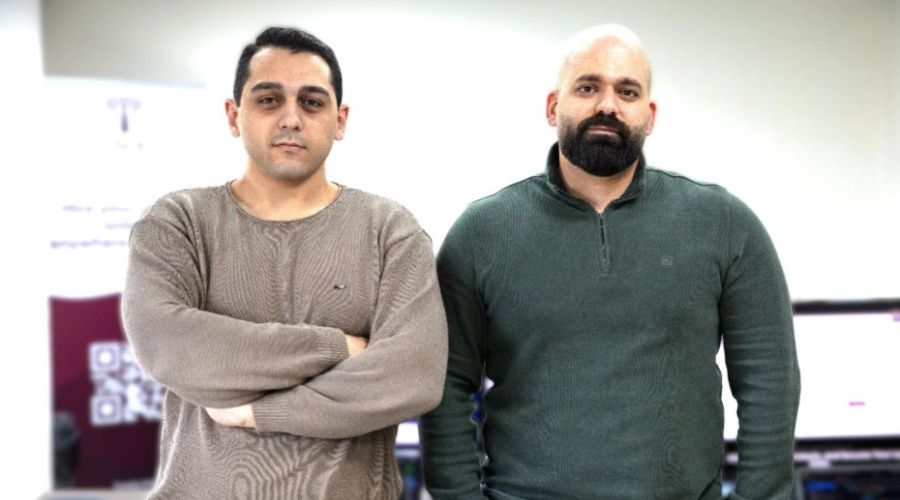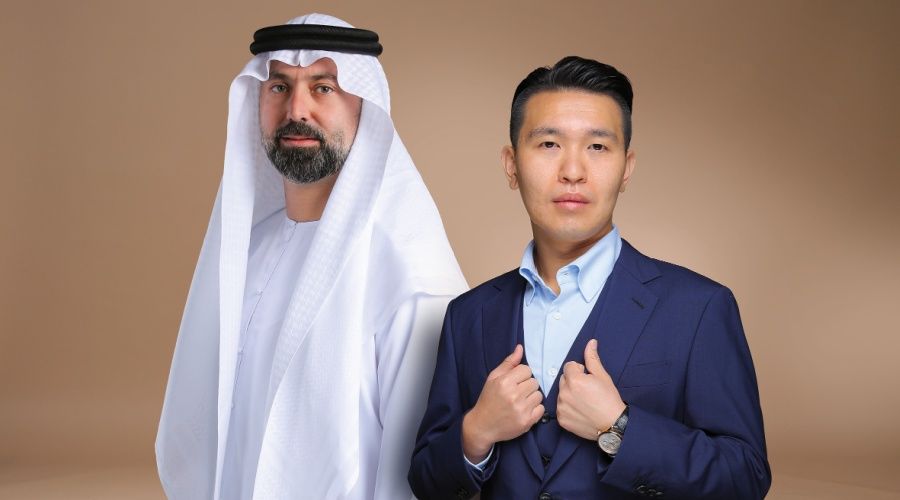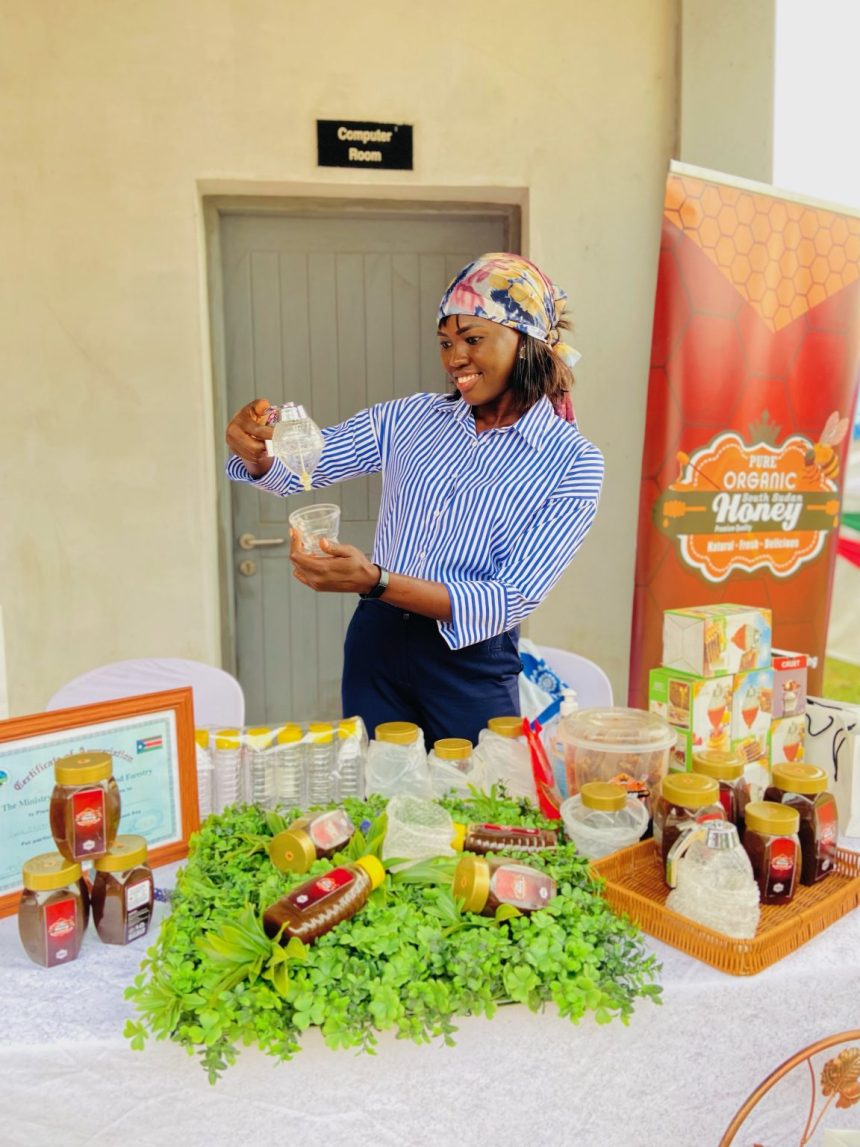In Africa’s most fragile states, such as South Sudan and the Democratic Republic of Congo (DRC), entrepreneurship is often an act of necessity and defiance. A feature by Orange Corners highlights the journeys of several founders who are building businesses amidst daily instability, unreliable electricity, and severe inflation. Their stories demonstrate how entrepreneurship becomes a vital tool for creating dignity, stability, and social cohesion.
Honey and Hope: A Supply Chain Built on Adaptation
June Owdo Joseph Ojukwu, founder of Pure Organic South Sudan Honey, exemplifies this resilience. Started in 2019, her company sources raw honey from smallholder farmers, processes it, and sells it in Juba. When the COVID-19 pandemic froze supply chains, she adapted by marketing honey’s health benefits and delivering door-to-door.
Today, she leads a team of nearly ten young women and supports dozens of farmers. However, the challenges are relentless, including armed roadblocks, extortion, and theft of beehives. June has responded by diversifying her supply chain across three different states and empowering farmers to negotiate locally. Despite facing social stigma for being a businesswoman, her vision remains bold: to establish her own honey farm and see her product used globally.
Educational Innovation Born from Personal Loss
For Duom Peter Chol, entrepreneurship was born from grief. While seeking medical treatment for his wife in Egypt, he was unable to find suitable English books to homeschool his daughter. At his wife’s suggestion, he began writing them himself. This effort grew into Junub Kids, a publishing company aligned with South Sudan’s pre-primary curriculum.
Before his wife passed away, she saw the beginning of his work. Today, Junub Kids titles are used in over 200 schools, reaching more than 32,000 children in a country where 94% of preschool-age children are out of school. The business is fragile; printing must be done in Uganda to save costs, and hyperinflation requires him to convert all local currency to dollars immediately. Yet, he is driven to address the lack of teaching materials to help rebuild his country.
Tackling Period Poverty with Dignity and Local Production
Ajah Jennifer Mayen founded Yommie Co. Ltd. to address period poverty, an issue she experienced firsthand. Her company not only produces affordable sanitary products but also builds a movement around menstrual hygiene awareness, training mentors to teach girls in schools.
Her primary challenge is severe inflation, which makes it nearly impossible to maintain a price point below one dollar, rendering the products unaffordable for many. To combat this, Ajah Jennifer is working to localise production within South Sudan, which would allow her to control both quality and price, insulating her business from volatile import costs.
Relevance for MENA: Lessons from Fragile Ecosystems
While this report focuses on South Sudan and the DRC, the themes resonate deeply with the MENA startup ecosystem. The challenges of hyperinflation, fragmented infrastructure, and navigating instability are familiar to founders in MENA’s own fragile and post-conflict markets, including Iraq, Libya, Yemen, and Sudan.
These African entrepreneurs offer a powerful blueprint for necessity-driven innovation and impact-focused business models. Their stories underscore the critical role of ecosystem enablers, like the Orange Corners hubs, in providing the essential structure—mentorship, community, and access to capital—that transforms individual resilience into systemic economic progress.
About Orange Corners
Orange Corners is a programme that supports entrepreneurs in fragile states by offering training, mentorship, and funding. It aims to strengthen the existing capacities of local talent, giving entrepreneurs the tools to withstand shocks and amplify their impact. The initiative helps transform isolated acts of resilience into a systemic social infrastructure for stability and progress.
Source: Orange Corners














